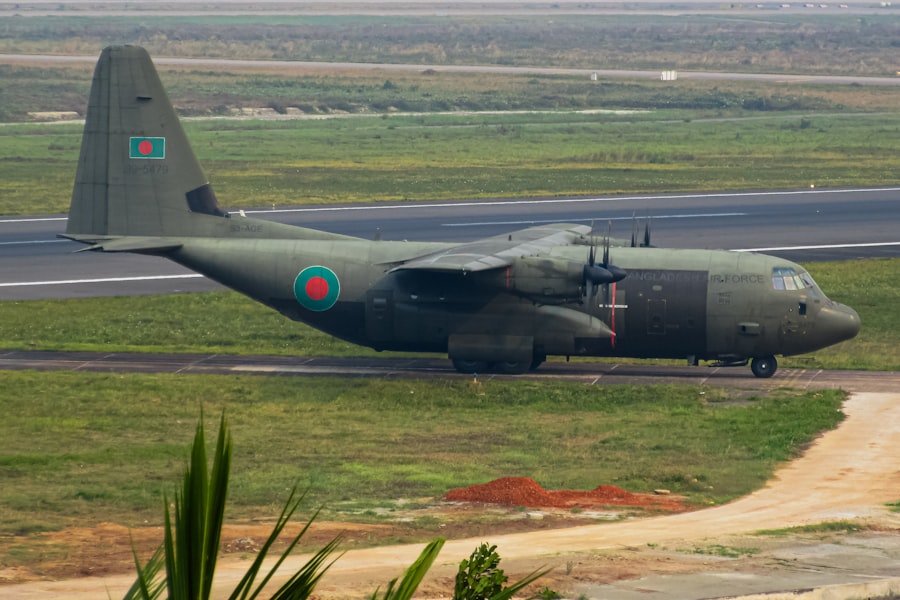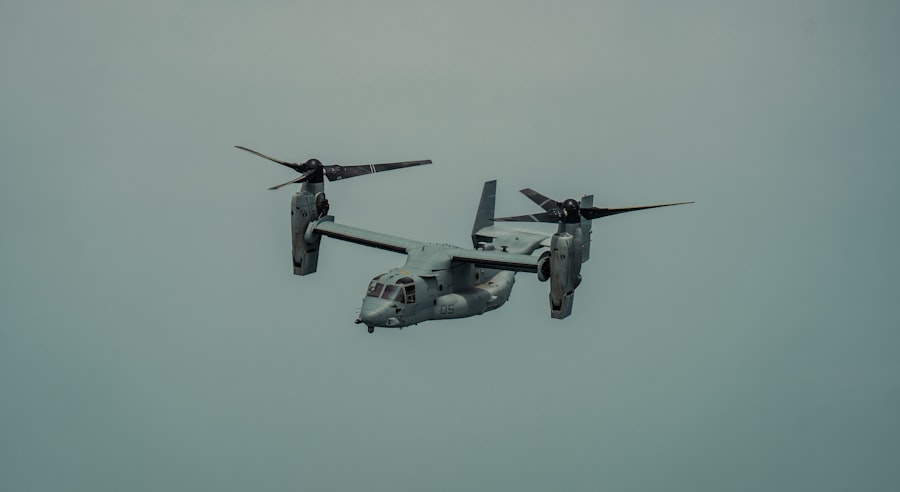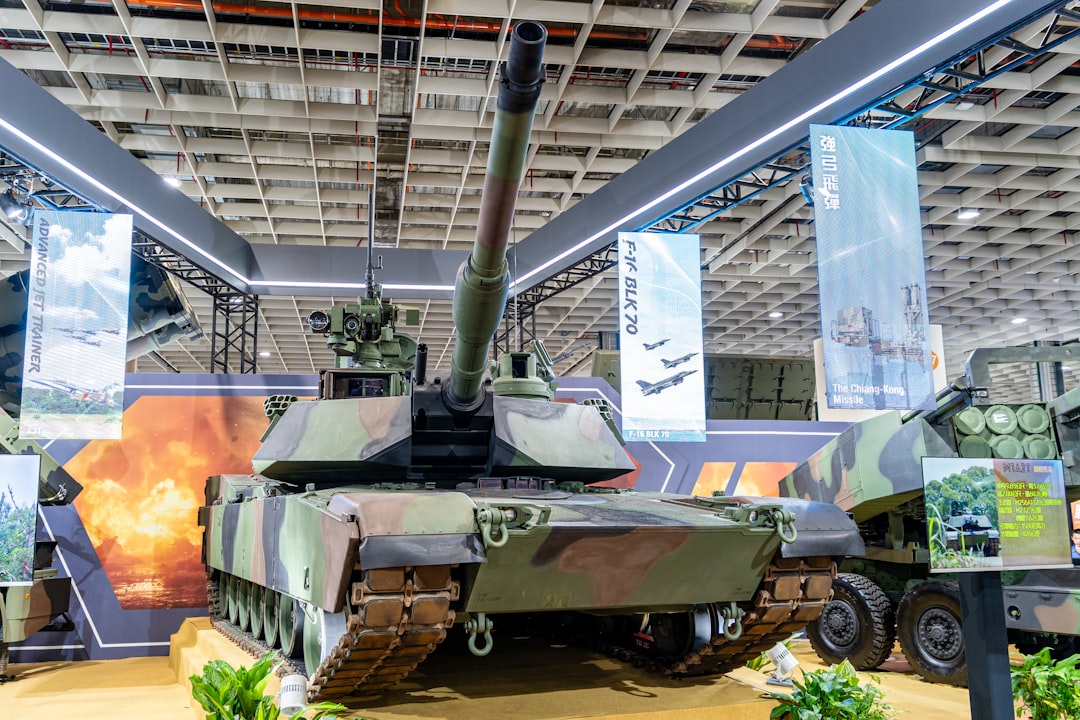Unchecked military power poses significant risks not only to the nations that wield it but also to global stability and peace. The concentration of military authority without adequate oversight can lead to a range of detrimental outcomes, including human rights violations, authoritarian governance, and destabilization of international relations. As history has shown, when military leaders operate without accountability, the consequences can be dire, affecting millions of lives and altering the course of nations.
The need for a balanced approach to military power is more pressing than ever in an increasingly interconnected world. The dangers of unchecked military power extend beyond immediate conflicts; they can create long-lasting repercussions that shape societies for generations. The potential for abuse and the erosion of democratic principles are heightened when military forces operate without constraints.
This article will explore historical examples, the impact on civilian populations, the threat of authoritarianism, and the implications for international relations, all while emphasizing the importance of accountability and oversight in maintaining a responsible military framework.
Key Takeaways
- Unchecked military power poses significant dangers to global stability and security.
- Historical examples demonstrate the devastating consequences of unchecked military power, including widespread human rights abuses and civilian suffering.
- Civilian populations are disproportionately impacted by unchecked military power, facing displacement, violence, and loss of basic rights and freedoms.
- Authoritarianism and human rights abuses often flourish in environments of unchecked military power, posing a threat to democratic governance and individual liberties.
- Unchecked military power can lead to military intervention in domestic politics, increased militarization, and arms races, further destabilizing global relations and diplomacy.
Historical examples of the consequences of unchecked military power
Throughout history, there have been numerous instances where unchecked military power has led to catastrophic outcomes. One prominent example is the rise of Nazi Germany in the 1930s.
The military’s influence over governance allowed for the systematic oppression and extermination of millions, demonstrating how a lack of oversight can result in unimaginable atrocities. Another significant example is the Khmer Rouge in Cambodia during the 1970s. Under Pol Pot’s leadership, the military was granted unchecked power to enforce radical social reforms.
This led to the Cambodian genocide, where an estimated two million people perished due to starvation, forced labor, and execution. The Khmer Rouge’s ability to operate without accountability highlights how unchecked military power can devastate civilian populations and dismantle societal structures.
The impact of unchecked military power on civilian populations

The consequences of unchecked military power are often most acutely felt by civilian populations. When military forces operate without oversight, they may prioritize their objectives over the welfare of the people they are meant to protect. This can lead to widespread violence, displacement, and suffering among innocent civilians.
In many cases, military operations are conducted with little regard for human rights or humanitarian considerations, resulting in tragic outcomes. For instance, in conflict zones where military power is unchecked, civilians frequently become collateral damage. Airstrikes, ground assaults, and other forms of military engagement can lead to significant loss of life and destruction of infrastructure.
The Syrian Civil War serves as a stark reminder of this reality, where various factions have wielded military power with little regard for civilian safety. The resulting humanitarian crisis has displaced millions and created a dire need for international intervention and support.
The threat of authoritarianism and human rights abuses with unchecked military power
| Country | Level of Authoritarianism | Human Rights Abuses | Unchecked Military Power |
|---|---|---|---|
| China | High | Widespread | Extensive |
| Russia | Moderate | Significant | Considerable |
| North Korea | Extreme | Severe | Absolute |
| Saudi Arabia | High | Systematic | Unrestricted |
Unchecked military power often paves the way for authoritarian regimes to flourish. When military leaders are not held accountable for their actions, they may exploit their authority to suppress dissent and maintain control over the populace. This can lead to a cycle of oppression where human rights abuses become commonplace, as seen in numerous countries around the world.
In Myanmar, for example, the military has historically played a dominant role in governance, leading to widespread human rights violations against ethnic minorities and political dissidents. The Rohingya crisis exemplifies how unchecked military power can result in ethnic cleansing and mass displacement. The international community has struggled to respond effectively to these abuses, highlighting the challenges posed by powerful militaries operating without checks and balances.
The risk of military intervention in domestic politics and governance
The risk of military intervention in domestic politics is another significant concern associated with unchecked military power. When militaries perceive themselves as above civilian authority, they may intervene in political matters, undermining democratic processes and institutions. This can lead to coups d’état or other forms of political instability that disrupt governance and erode public trust in democratic systems.
A notable example is Egypt’s 2013 coup, where the military ousted President Mohamed Morsi following widespread protests. The military’s intervention not only disrupted the democratic process but also led to a crackdown on dissent and civil liberties. Such actions illustrate how unchecked military power can destabilize nations and create environments where authoritarianism thrives.
The potential for increased militarization and arms races with unchecked military power

Unchecked military power can also contribute to increased militarization and arms races among nations. When one country expands its military capabilities without restraint, neighboring nations may feel compelled to respond in kind, leading to a cycle of escalation that threatens global security. This arms race mentality can divert resources away from essential social programs and exacerbate tensions between countries.
The Cold War era serves as a historical example of this phenomenon, where both the United States and the Soviet Union engaged in an arms race that resulted in vast stockpiles of nuclear weapons.
Today, similar dynamics can be observed in regions such as East Asia, where North Korea’s nuclear ambitions have prompted neighboring countries to bolster their own military capabilities.
The implications of unchecked military power on international relations and diplomacy
The implications of unchecked military power extend beyond national borders, affecting international relations and diplomacy. When countries prioritize military strength over diplomatic engagement, it can lead to strained relationships and increased tensions on the global stage. Nations may become more inclined to resolve disputes through force rather than negotiation, undermining efforts to achieve peaceful resolutions.
For instance, Russia’s annexation of Crimea in 2014 demonstrated how unchecked military power could disrupt established international norms and provoke widespread condemnation. The lack of accountability for such actions can embolden other nations to pursue aggressive policies, further destabilizing regional and global security. In this context, fostering diplomatic dialogue becomes essential to countering the negative effects of militarization.
The role of civilian oversight and accountability in preventing unchecked military power
Civilian oversight and accountability are crucial components in preventing unchecked military power from becoming a threat to democracy and human rights. Establishing robust mechanisms for oversight ensures that military actions are subject to scrutiny by elected officials and civil society organizations. This helps create a system where military leaders are held accountable for their decisions and actions.
Countries with strong democratic institutions often have checks in place that limit military authority. For example, legislative bodies may have the power to approve military budgets or authorize interventions abroad. Additionally, independent watchdog organizations play a vital role in monitoring military conduct and advocating for transparency.
By fostering a culture of accountability, societies can mitigate the risks associated with unchecked military power.
Strategies for mitigating the dangers of unchecked military power
Mitigating the dangers posed by unchecked military power requires a multifaceted approach that involves various stakeholders. One effective strategy is promoting education and awareness about the importance of civilian oversight in governance. By empowering citizens with knowledge about their rights and responsibilities, they can advocate for greater accountability within their governments.
International cooperation is also essential in addressing the challenges posed by militarization. Countries must work together to establish treaties and agreements that regulate arms sales and promote disarmament efforts. Collaborative initiatives can help build trust among nations and reduce the likelihood of conflict arising from unchecked military ambitions.
The importance of international law and treaties in regulating military power
International law plays a critical role in regulating military power on a global scale. Treaties such as the Geneva Conventions establish standards for humanitarian conduct during armed conflicts, while arms control agreements aim to limit the proliferation of weapons. These legal frameworks provide essential guidelines that help hold nations accountable for their actions.
However, enforcement remains a significant challenge. Many countries may choose to disregard international law when it suits their interests, leading to impunity for violations. Strengthening international institutions responsible for upholding these laws is vital to ensuring that nations adhere to their commitments and respect human rights during times of conflict.
The need for responsible and balanced military power in a globalized world
In conclusion, the dangers associated with unchecked military power are profound and far-reaching. Historical examples illustrate how such power can lead to devastating consequences for civilian populations, foster authoritarianism, and destabilize international relations. As nations navigate an increasingly complex global landscape, it is imperative that they prioritize responsible and balanced approaches to military authority.
Civilian oversight, accountability mechanisms, international cooperation, and adherence to legal frameworks are essential components in mitigating these dangers. By fostering a culture that values transparency and respects human rights, societies can work towards ensuring that military power serves as a tool for protection rather than oppression. In a globalized world where interconnectedness is paramount, maintaining a responsible balance of military power is not just desirable; it is essential for safeguarding peace and stability for future generations.
In the context of discussing “The Danger of Unchecked Military Power,” it’s crucial to consider the broader implications of military influence on global politics and society. An insightful article that complements this discussion can be found on Hey Did You Know This, which delves into the historical and contemporary impacts of military dominance. This piece provides a nuanced perspective on how unchecked military power can shape national and international landscapes, often leading to unintended consequences. For a deeper understanding, you can read more about these dynamics by visiting this article.
FAQs
What is unchecked military power?
Unchecked military power refers to a situation where a country’s military is not subject to sufficient oversight or control, allowing it to act without restraint or accountability.
What are the dangers of unchecked military power?
Unchecked military power can lead to human rights abuses, military aggression, and the erosion of democratic principles. It can also result in increased militarization and the potential for conflict escalation.
How does unchecked military power impact civilians?
Unchecked military power can result in civilian casualties, displacement, and the violation of human rights. It can also lead to the suppression of dissent and the restriction of civil liberties.
What are some examples of the dangers of unchecked military power?
Examples of the dangers of unchecked military power include military coups, authoritarian regimes, and the use of excessive force against civilian populations. It can also lead to military interventions in domestic politics and the undermining of democratic institutions.
What measures can be taken to address unchecked military power?
Measures to address unchecked military power include strengthening civilian oversight of the military, promoting transparency and accountability, and upholding international human rights standards. It is also important to support democratic governance and the rule of law.
